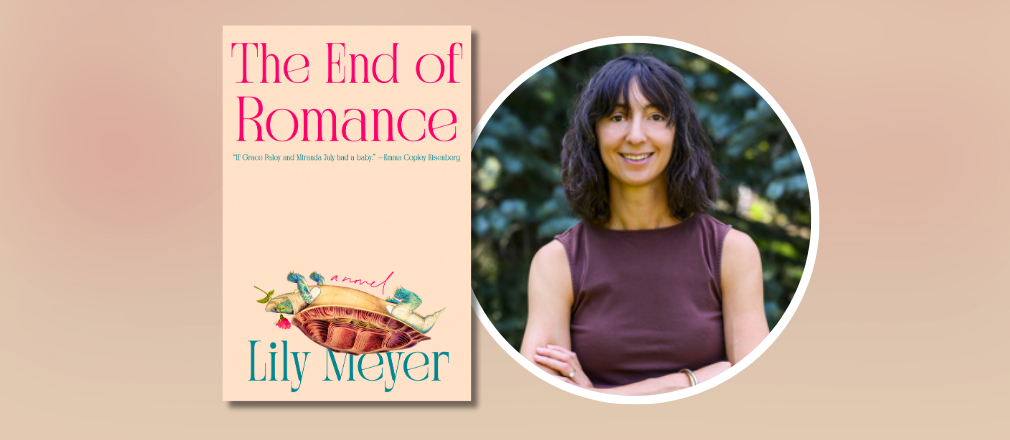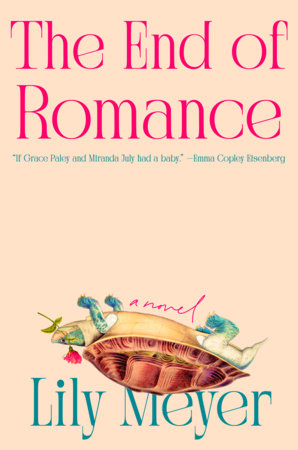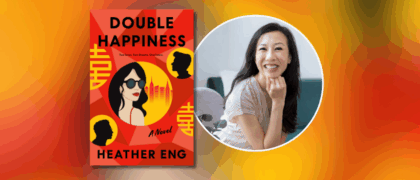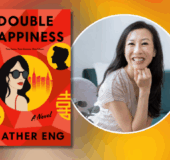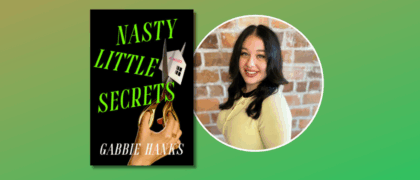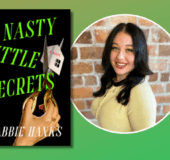Dear Librarians,
I remember my childhood librarians vividly. Ronnie, at my neighborhood library, noticed me blowing through her summer reading challenge the year I was six and started guiding me to more advanced—that is, more exciting—books. Vicky, Posy, and Cecily, who ran my school’s library between the three of them, held all their new acquisitions behind the counter for me, since they knew I was the student most likely to want them. By the end of elementary school, I had a routine: I checked out a book every afternoon, read it that night, and went back the next day for a new one.
Perhaps unsurprisingly, my school librarians were early to guess I wanted to be a writer. When I started middle school, they pointed me out to a teacher who became—as they knew he would—my first mentor. I was very shy as a child, and I don’t think I made it easy for adults to understand me. But because Vicky, Posy, and Cecily saw me as a reader, they figured me out. It’s no exaggeration to say that their understanding helped shape the adult I became.
The End of Romance is about many things—sex, monogamy, politics, privacy, the vexed relationship we create between our bodies and our minds—but one way to read it is as a story about how fundamentally important the intellectual experiences of our childhoods can be. Sylvie, the main character, is formed even more deeply than she realizes by the ideas she learned from her grandparents, both of whom died when she was 13. You might even say those ideas save her. I was lucky, growing up, to have a host of adults expose me to real ideas, but I think my librarians did it most. In that way, too, they made me who I am.
Thank you for your work, and thank you for reading.
Lily Meyer

